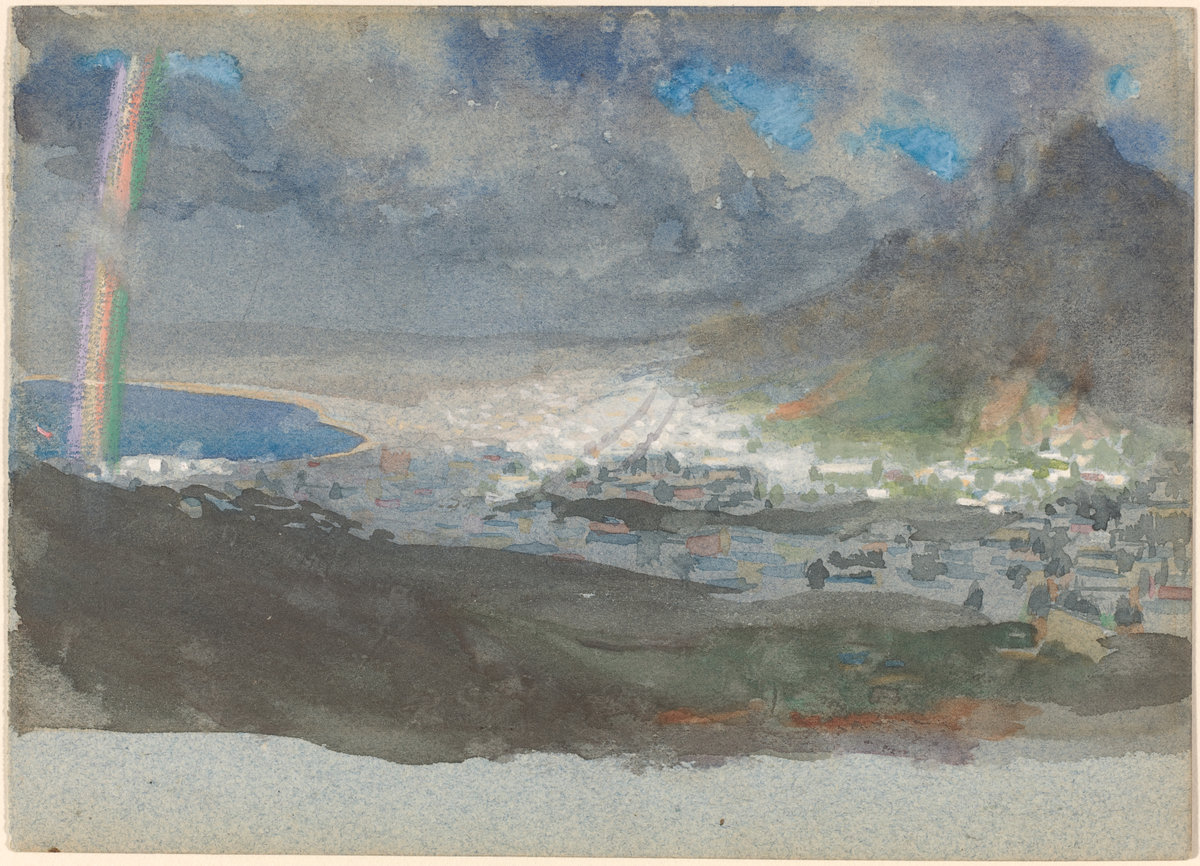By Patrick Pierson.

Renewed fighting in Mozambique means military escorts are required for both passenger and commercial vehicles in some parts of the country. The hope is that the government will rely on bargaining, rather than bullets, to address the insecurity. To that end, former Malawian President Bakili Muluzi has offered to help mediate between the opposing factions.
In Angola, President Dos Santos issued a presidential decree making his daughter head of the state energy firm Sonangol. This comes as Africa’s longest-serving ruler, Equatorial Guinea’s Teodoro Obiang Nguema, named his son vice president this week. And while the political and economic crisis in Venezuela continues unabated, similar challenges are presenting themselves in Zimbabwe. This week the government announced a delay in salary disbursements for state employees, including teachers and security personnel. Despite such economic throes, President Mugabe remains defiant, refusing to make concessions in order to receive foreign aid. And apparently three separate individuals have been arrested for interrupting the President’s motorcade this month.
In Senegal, the US ‘war on terror’ has gained a new ally. While debates continue with respect to how US forces can best maintain their technological edge, the Marine Corps is currently testing a robotic dog and important tech updates are underway in key command and control programs.
Also in military technology, Myanmar appears to have acquired armed drones, most likely from China. The country’s noted leader, Aung San Suu Kyi, this week banned officials from using the name ‘Rohingya’ when discussing Myanmar’s oppressed Muslim minority. This comes as the government also announced a plan to repatriate thousands of refugees living in neighboring Thailand.
News emerged this week that Berta Cáceres – the well-known Honduran environmentalist murdered in March – was on a military hitlist. Globally, 2015 saw a 59% increase in the number of murdered environmental activists (see here for a map of where activists were killed in 2015). Relatedly, charcoal traffickers are fueling deforestation in the DRC while similar struggles are playing out in the Dominican Republic and Haiti.







